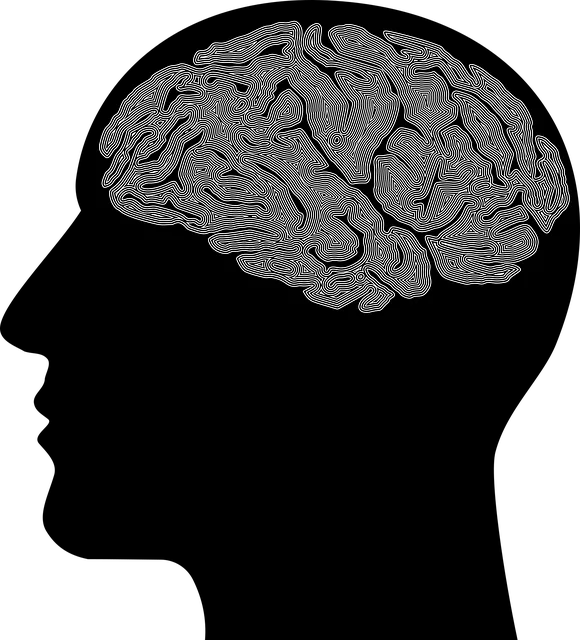Anxiety Management: From Cognitive Behavioral Therapy to Support Networks
Anxiety, characterized by physical and mental symptoms like rapid heartbeat and intrusive thoughts,…….
In the realm of healthcare, especially within mental health services, the concept of accessible and comprehensive care is paramount. The “Lone Tree Kaiser Permanente behavioral health number” represents a pioneering initiative to streamline and centralize behavioral health support, ensuring that individuals in need have a dedicated point of contact. This article aims to delve into the intricacies of this unique program, explore its global impact, and shed light on its economic, technological, and policy implications. By the end, readers will grasp the significance of this behavioral health number as a potential game-changer in healthcare accessibility.
The Lone Tree Kaiser Permanente behavioral health number is a specialized telephone hotline designed to provide immediate access to mental health professionals for individuals seeking support in Colorado, USA. It serves as a central point of contact for those facing various behavioral health challenges, including depression, anxiety, stress, and other common mental disorders. The number, often promoted as a simple way to connect with help, is part of a larger strategy to reduce barriers to care.
Key components include:
The idea behind this behavioral health number evolved from the growing recognition of mental health as a critical component of overall well-being. In the past, individuals often faced challenges in accessing timely mental healthcare, leading to prolonged suffering or, in severe cases, adverse outcomes. This initiative addresses these issues by providing a simple, direct means of reaching out for help.
Its significance lies in several factors:
While the Lone Tree Kaiser Permanente behavioral health number is a regional initiative, its impact extends globally. The concept of centralized, easily accessible mental health support has resonated worldwide, inspiring similar programs in various countries. Many nations are recognizing the value of dedicated hotlines in improving healthcare outcomes and reducing the burden on primary care systems.
The behavioral health hotline market is influenced by factors such as rising mental health awareness, increasing demand for accessible care, and technological advancements. This has led to a growth in the adoption of centralized call centers and digital platforms offering similar services. The economic viability of these programs depends on government funding, partnerships with healthcare providers, and private investments.
Private equity firms and venture capitalists have shown interest in mental health technology startups, including hotline operations. This influx of investment has fueled innovation and the development of more sophisticated systems. Public-private partnerships are also common, ensuring cost-effective delivery of services while leveraging technological expertise.
Economically, these hotlines contribute to:
Technology plays a pivotal role in modernizing behavioral health hotline operations:
The future holds immense potential for technological enhancements:
The success of behavioral health hotlines is heavily influenced by policy and regulatory environments:
Key legislative acts shaping this sector include:
Despite its potential, the Lone Tree Kaiser Permanente behavioral health number, like other similar initiatives, faces challenges:
Strategies to address these issues:
New York City’s Crisis Text Line is a groundbreaking initiative that utilizes text messaging to provide immediate crisis support. Started in 2013, it has connected over 5 million people with trained volunteers who offer non-judgmental support and resources. This program has been praised for its accessibility, particularly for youth who may prefer texting over calling.
Samaritans, a well-established charity in the UK, operates a 24/7 hotline with over 20,000 volunteers. Their success lies in fostering a safe and non-judgmental space, allowing individuals to share their experiences without fear of repercussions. This approach has led to increased trust and higher engagement rates.
BeyondBlue, an Australian mental health charity, offers a range of services, including a helpline and online resources. Their comprehensive approach involves raising community awareness, providing direct support, and offering self-help tools, making it a one-stop destination for behavioral health needs.
The future holds promising growth areas for behavioral health hotlines:
The Lone Tree Kaiser Permanente behavioral health number represents a significant step forward in making mental healthcare more accessible. By providing a centralized, easily reachable hotline, this initiative has the potential to revolutionize how individuals seek support for their behavioral health needs. The global impact and positive trends emerging from similar programs underscore its importance as a powerful tool in the fight against mental health disparities.
As technology continues to evolve and policies adapt to meet growing demands, behavioral health hotlines will play an increasingly vital role in ensuring well-being for all. By addressing challenges head-on and embracing innovative solutions, these services can unlock brighter futures for individuals struggling with behavioral health issues.
Q: How do I access the Lone Tree Kaiser Permanente behavioral health number?
A: The number is typically promoted through various healthcare channels, including local clinics, community boards, and online mental health resources. It is designed to be easily reachable, often as a simple phone call or text.
Q: Are these hotlines confidential?
A: Yes, privacy is a top priority. All interactions with hotline staff are kept confidential, ensuring individuals feel safe sharing their concerns without fear of judgment or repercussions.
Q: Can I receive immediate crisis support through these services?
A: Absolutely. Crisis intervention is a core component, offering immediate assistance during emergency situations. Trained professionals provide guidance and connect individuals to appropriate resources.
Q: What if I don’t speak English? Are multilingual services available?
A: Many hotlines, especially in diverse communities, offer multilingual support. Bilingual or multilingual staff members ensure effective communication, providing help regardless of language barriers.
Q: How do these hotlines differ from traditional therapy sessions?
A: While they provide immediate support and assessment, hotline services are typically shorter-term interventions. They serve as a first point of contact or for crisis situations. Traditional therapy involves more in-depth, long-term treatment plans.

Anxiety, characterized by physical and mental symptoms like rapid heartbeat and intrusive thoughts,…….

Lone Tree Kaiser Permanente offers tailored Stress Management Workshops focused on behavioral health…….

Mindfulness meditation, accessible through guided meditations or apps offered by the Lone Tree Kaise…….